Belarus president announces foreign policy pivot to East amid US row with Russia, Iran
Belarusian President Alexander Lukashenko says his country’s foreign policy aims to make a pivot to the East amid the United States’ attempts to counter Russia, China, and Iran.
"The so-called policy pivot to the East is the most reasonable step, which is in line with the spirit of the times. After all, the sun sets in the West and rises in the East," Lukashenko said in an annual address to the Belarusian people and parliament on Friday.
Stressing that the US is focused on economically strangling Russia in a bid to preserve its vanishing global dominance and other countries were unhappy with Western rules, the Belarusian president said, "They (the Americans) are about to engage in confrontation with China, too. Iran has long become the number one enemy in the region for the US."
Lukashenko underlined that in terms of foreign trade, Belarus gave priority to its strategic partners and allies, namely Russia and China.
"Our exports to Russia increased by half last year, exceeding $23 billion, while overall trade passed the $50 billion mark," he added.
Lukashenko also emphasized that Belarus-China relations had reached the level of an all-weather comprehensive strategic partnership.
Earlier in the month, the Belarusian president arrived in Tehran at the head of a high-ranking delegation to hold talks with senior Iranian officials on the most important mutual and international issues.
Lukashenko’s visit was aimed at developing comprehensive cooperation and conducting negotiations on industrial, agricultural, and transportation projects as well as discussing regional and global issues.
During the trip, top government officials from Iran and Belarus signed eight agreements under a cooperation roadmap which marked 30 years of diplomatic relations between the two counties.
‘Russia could put intercontinental missiles in Belarus’
During the hours-long televised address, Lukashenko said Russia, which has already decided to station tactical nuclear weapons in Belarus, could put intercontinental nuclear missiles there if necessary.
The Belarusian leader said Moscow's plans to station nuclear arms on the territory of its close ally would help protect Minsk, which he said was under threat from the West.
"I am not trying to intimidate or blackmail anyone. I want to safeguard the Belarusian state and ensure peace for the Belarusian people," Lukashenko said, stressing that he could use the tactical nuclear missiles with Russia's agreement if Belarus was threatened with destruction.
Lukashenko also raised the prospect of deploying strategic nuclear weapons — intercontinental ballistic missiles that can destroy whole cities from thousands of miles away — on Belarusian soil.
Lukashenko said Belarus had enough conventional weapons to counter threats, "but if we see that behind (the threats) lies the destruction of our country, we will use everything we have.”
"If necessary, [Russian President Vladimir] Putin and I will decide and bring in strategic weapons - if needed," he added.
Lukashenko also raised the alarm over a potential attack against his country by the West.
"Take my word for it, I have never deceived you. They are preparing to invade Belarus, to destroy our country," he said in his speech.
Russia's decision to station tactical nuclear missiles in Belarus amid rising tension with the West over its military operation in Ukraine is its first deployment of nuclear weapons outside its borders since the collapse of the Soviet Union in 1991.
Belarus, Russia's western neighbor, stretched over Ukraine’s long northern border, shares a much cherished relationship with Russia, as it is one of Moscow's closest allies and its military campaign in Ukraine.
In February 2022, during the initial days of the Ukraine-Russia war, Belarus allowed Russian troops to enter Ukraine through the border it shares with Ukraine.
The UN Security Council is set to meet later on Friday, at the request of the United States and Albania, to discuss Putin's deployment plans. US President Joe Biden said on Tuesday he found the promised deployment "worrisome.”
‘Minsk has no fear of sanctions’
Also in the annual speech, Lukashenko said he does not fear the possibility of fresh Western sanctions against his country over the deployment of Russian tactical nuclear weapons to Belarus.
The Belarusian president said Minsk was prepared to defend its sovereignty through any necessary means, including nuclear.
Lukashenko also said Belarus had deployed special forces contingent to its southern border with Ukraine "to prevent provocations."
Hamas slams Israeli settlers’ ‘criminal aggression’ in West Bank
VIDEO | Press TV's news headlines
VIDEO | Iran launches 'Holy Qur'an Does Not Burn' campaign to restore mosques damaged in unrest
VIDEO | Ramadan amid the rubble: Gaza’s historic Al-Zawiya market defies odds
UN sounds alarm over US-generated energy crisis in Cuba
Yemeni leader: US-Israeli focus on Iran stems From Tehran’s role in blocking their schemes
Iran’s progress ‘miraculous’ despite sanctions: Nuclear chief
Netanyahu fears fruition of Iran US talks


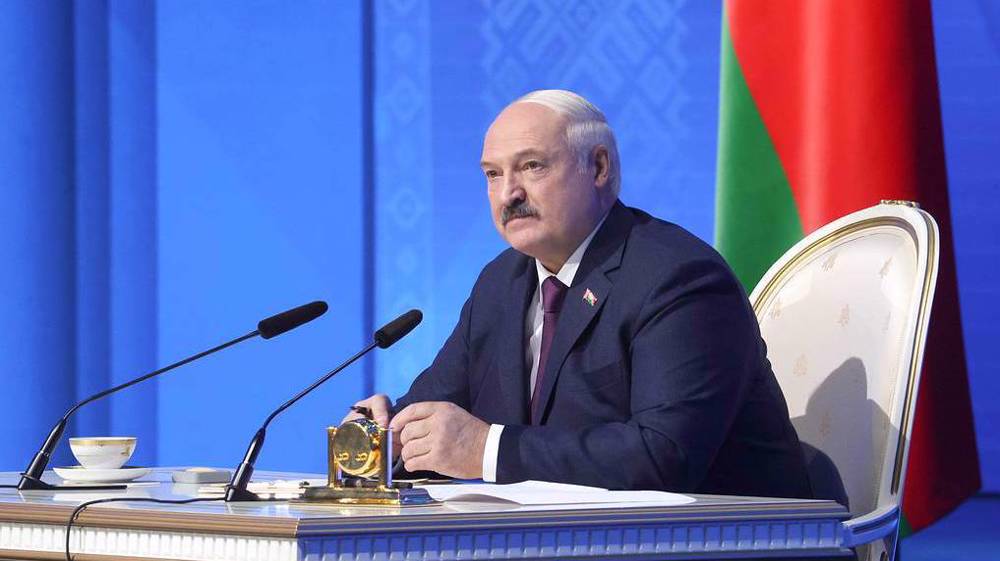
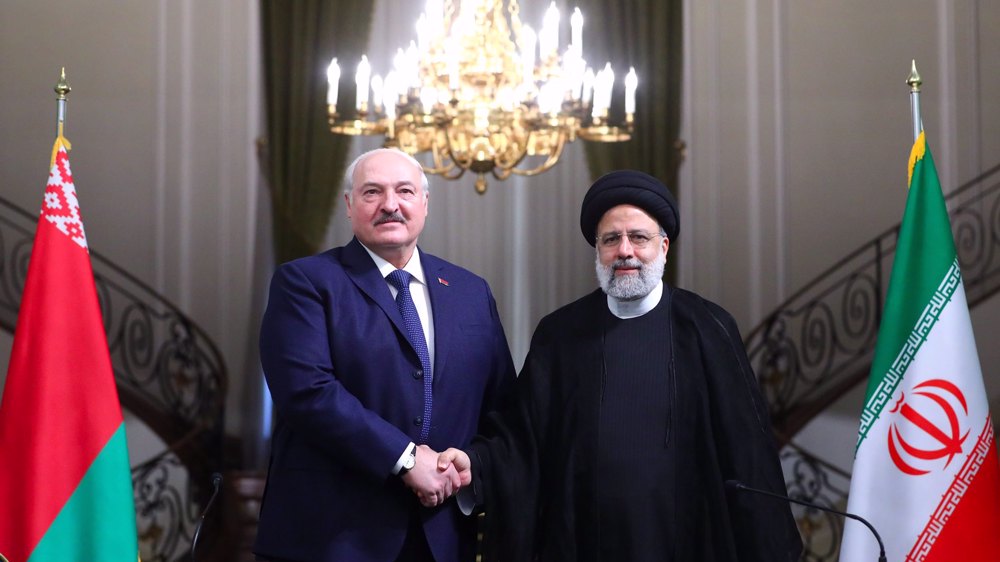
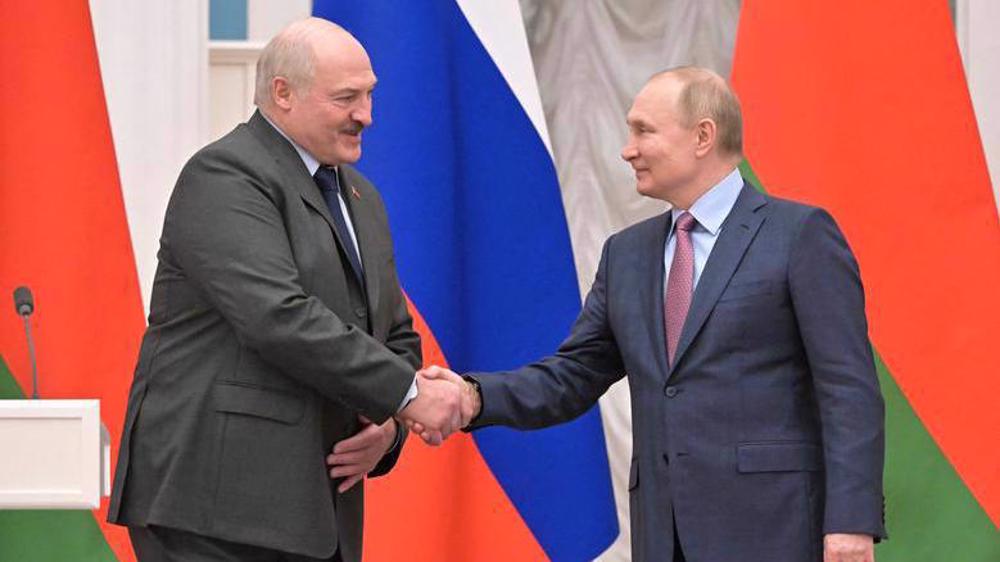
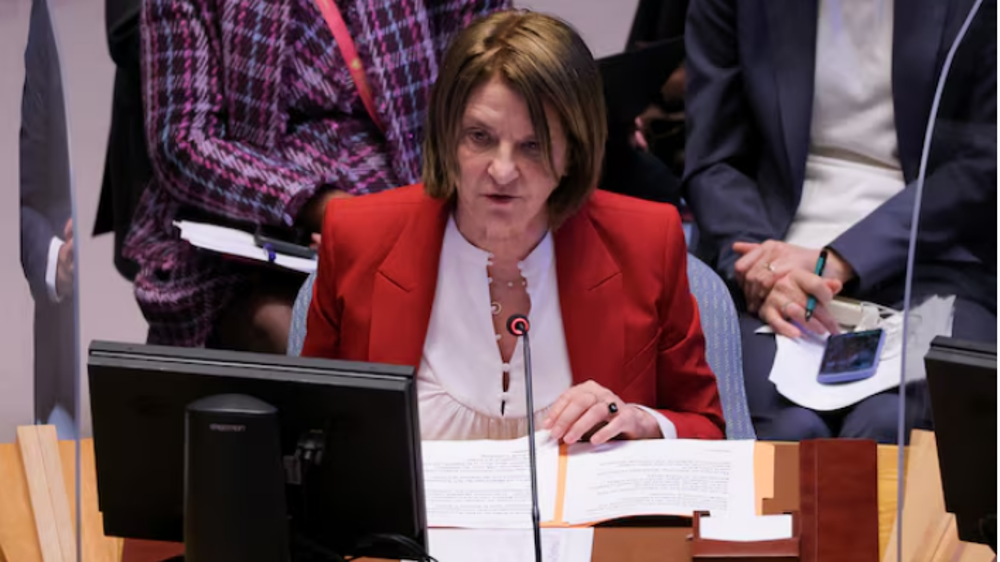
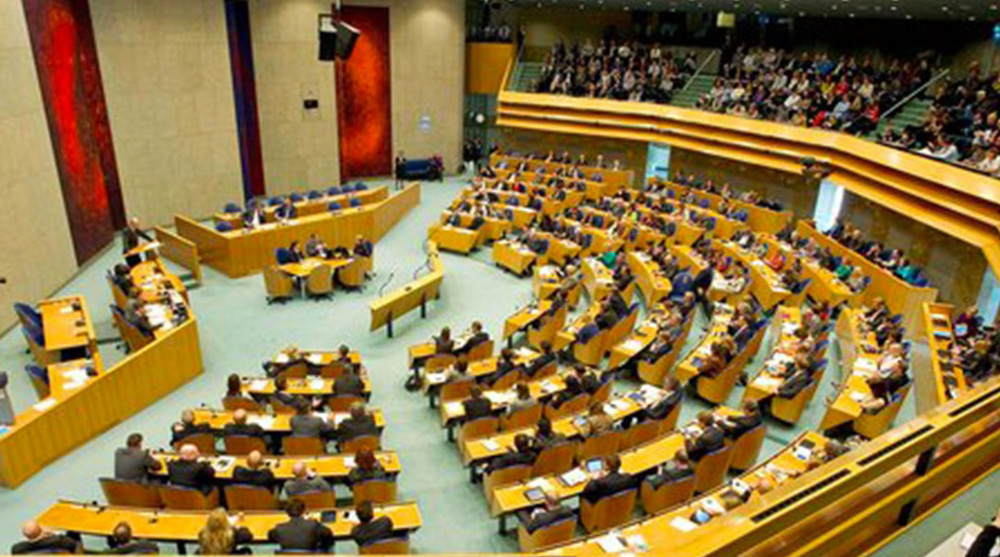
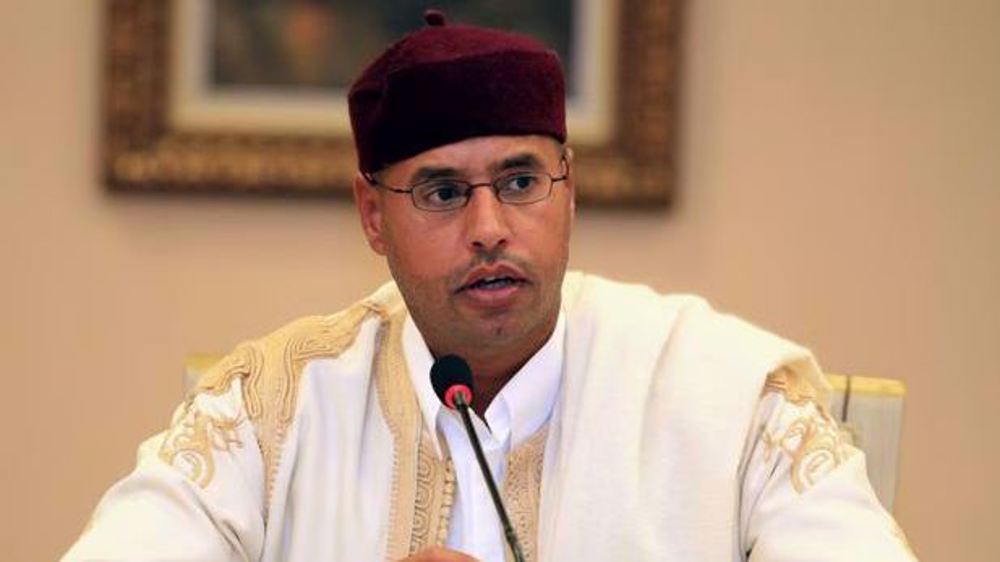




 This makes it easy to access the Press TV website
This makes it easy to access the Press TV website